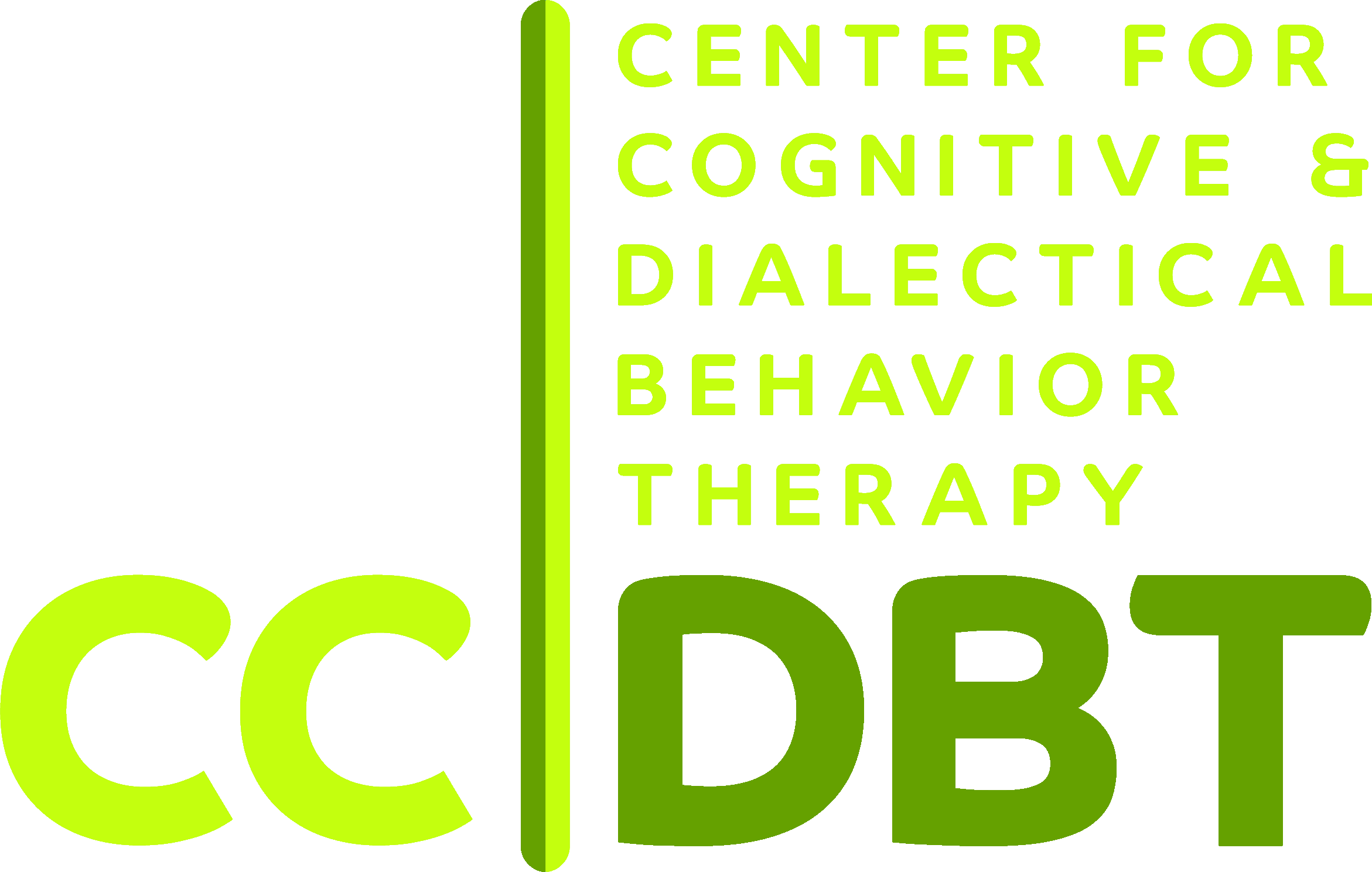Dialectical Behavior Therapy and Prolonged Exposure (DBT-PE)
DBT-PE is an evidence-based protocol that is effective with both male and female adults and adolescents. It was developed to treat PTSD in clients with complex emotional issues and high-risk behaviors (e.g., suicidal ideation, self-harm, substance use, severe dissociation, personality disorders). DBT-PE is a one-year program that integrates Prolonged Exposure (PE) with adherent, standard DBT. It includes adaptations to the standard PE approach to more effectively address complex needs of these clients and to help build a “life worth living” while also promoting trauma recovery.
Stages of Treatment
Treatment occurs in three stages. Stage 1 is akin to standard DBT, and includes weekly individual therapy, group skills training, and phone coaching. The goal of Stage 1 is to achieve stabilization and enhance one’s ability to identify and tolerate intense emotions. Individuals must be free from self-harm or life-threatening behaviors for at least 2 months prior to beginning the Prolonged Exposure (PE) stage of treatment. Stage 2 involves directly targeting trauma symptoms. During this stage of treatment, the client continues to engage in individual and group DBT while also incorporating an additional individual session per week of PE. In Stage 3, DBT is used to address any residual problems, such as enhancing relationships and further building one’s “life worth living.”
Benefit of DBT-PE
Research indicates that the treatment is both safe and effective in reducing PTSD symptoms, as well as suicidal and self-injurious behavior, dissociation, shame, guilt, depression, and relationship problems. It has been demonstrated to be more effective than DBT or PE alone in individuals with trauma and emotion regulation issues.

